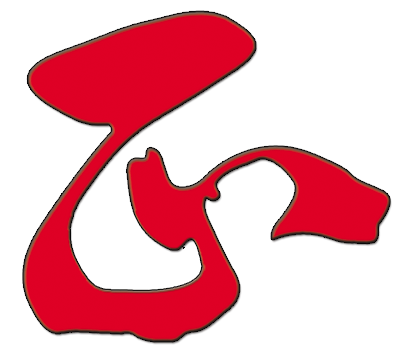About Us
Chinese Medicine today
Ching Mo Manchester
Sifu Billy Davidson has been running The Ching Mo Tradition Chinese Medicine Surgery which has been active for over 30 years and has been an important part of Ching Mo Martial Arts Schools for both members and the general public.
We have been offering treatments and self-help courses for over 30 years with many of the participants going to take up graduate courses in Acupuncture and other TCM methods and becoming qualified practitioners.
Chinese Medicine in the 20th century underwent significant changes and faced various challenges as it adapted to modern times. Here are some key aspects and developments during this period:
Integration of Western Medicine: In the early 20th century, influenced by the Westernisation movement in China, there was a push for the integration of Western medicine with traditional Chinese medicine. This led to the establishment of medical schools that taught both Western and Chinese medicine, aiming to create a more comprehensive healthcare system.
Standardisation and Modernisation: During the mid-20th century, efforts were made to standardise and modernise Chinese medicine. Traditional Chinese medicine theories and practices were documented, organised, and classified into systematic frameworks. This helped in the codification of Chinese medicine knowledge and the development of standardised diagnostic and treatment protocols.

Government Support and Regulation: In various countries, including China, there were governmental initiatives to regulate and promote Chinese medicine. Regulatory bodies were established to ensure the quality and safety of herbal medicines, acupuncture, and other TCM practices. This provided a more structured and professional framework for the practice of Chinese medicine.

Scientific Research and Evidence-Based Practice: In the latter half of the 20th century, there was an increased focus on scientific research and evidence-based practice in Chinese medicine. Researchers conducted studies to explore the mechanisms of action, efficacy, and safety of herbal medicines and acupuncture. This helped to bridge the gap between traditional practices and modern scientific understanding, enhancing the credibility and acceptance of Chinese medicine.
Global Expansion and Integration: Chinese medicine expanded its influence beyond China and gained popularity worldwide. It was integrated into the healthcare systems of various countries, including the United Kingdom, United States, Australia, and several European nations. Chinese medicine practitioners and institutions played an active role in promoting its practices and educating the public about its benefits.
Challenges and Criticisms: Chinese medicine also faced criticisms and challenges during the 20th century. Sceptics questioned its scientific basis and efficacy, leading to debates and discussions on its role in modern healthcare. The integration of Chinese medicine with Western medicine also posed challenges in terms of standardisation, training, and professional identity.
